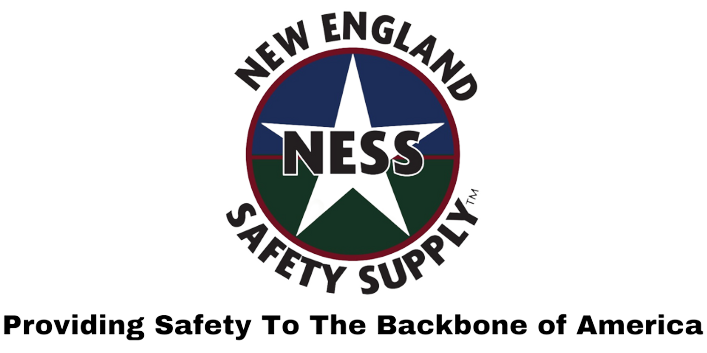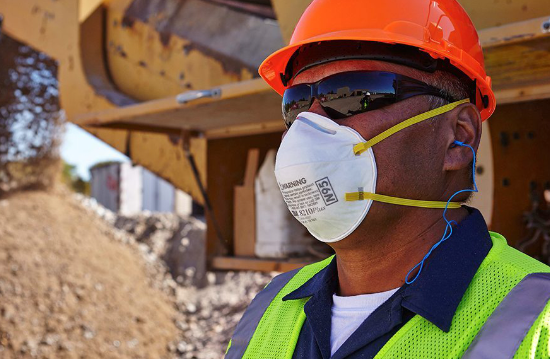While N95 masks have gained widespread recognition as an effective means of protecting against the spread of COVID-19, their usefulness is not limited to just that one disease. In fact, there are many industries and job roles where wearing an N95 mask is a crucial part of the job.
In this blog post, we will explore the various industries and job roles that require the use of N95 masks, the benefits of using them, and some best practices for using N95 masks on the job.
Industries That Require N95 Masks
N95 masks are commonly used in industries that involve exposure to airborne hazards, including dust, particles, and fumes. Some of the industries where N95 masks are frequently used include:
-
Construction: Workers in the construction industry are often exposed to dust and other airborne particles from various materials such as cement, wood, and silica. N95 masks are critical for protecting workers from inhaling these particles, which can lead to respiratory issues.
-
Healthcare: Healthcare workers are at risk of exposure to airborne infectious diseases and other pathogens. N95 masks can help protect healthcare workers from inhaling these pathogens and getting infected.
-
Manufacturing: In manufacturing industries, workers are often exposed to fumes and dust from chemicals, solvents, and other materials. N95 masks can help protect workers from inhaling these harmful particles.
-
Agriculture: Farmers and other agricultural workers are often exposed to dust, pesticides, and other airborne hazards. N95 masks can help protect these workers from inhaling these particles, which can lead to respiratory issues and other health problems.
Benefits of Using N95 Masks
Using N95 masks in industries and job roles where airborne hazards are present offers several benefits. These benefits include:
-
Protection against airborne particles: N95 masks are designed to filter out 95% of airborne particles, including those that are as small as 0.3 microns in size. This level of filtration helps protect workers from inhaling harmful particles that can cause respiratory issues and other health problems.
-
Increased safety and health: Wearing an N95 mask can help reduce the risk of developing respiratory illnesses and other health problems caused by exposure to airborne hazards. This, in turn, leads to a safer and healthier workforce.
-
Compliance with regulations: In many industries, the use of N95 masks is required by law or industry regulations. By using N95 masks, companies can ensure that they are in compliance with these regulations and avoid potential fines and other penalties.
Best Practices for Using N95 Masks on the Job
When using N95 masks on the job, it is important to follow some best practices to ensure that the masks are used correctly and effectively. Some best practices include:
-
Ensure a proper fit: N95 masks must be properly fitted to ensure that they are effective. Workers should be fit-tested before using an N95 mask to ensure that the mask provides a proper seal.
-
Change the mask regularly: N95 masks should be changed regularly, especially if they become wet or soiled. Workers should follow the manufacturer's guidelines for changing the mask.
-
Properly dispose of used masks: Used N95 masks should be disposed of properly, following the manufacturer's guidelines and any applicable regulations.
-
Use in conjunction with other PPE: N95 masks should be used in conjunction with other PPE, such as gloves, goggles, and face shields, to provide complete protection against airborne hazards.
N95 masks are an essential part of personal protective equipment in industries and job roles where exposure to airborne hazards is a concern. The benefits of using N95 masks include increased safety and health for workers, compliance with regulations, and protection against airborne particles.
To ensure that N95 masks are used effectively, workers should follow best practices such as ensuring a proper fit, changing the mask regularly, properly disposing of used masks, and using them in conjunction with other PPE.
It's important to note that N95 masks are not the only solution to protecting against airborne hazards. Employers should also implement engineering and administrative controls to minimize exposure to these hazards.
By prioritizing the use of N95 masks and following best practices for their use, employers can help create a safer and healthier work environment for their employees.
 (508) 492-8975
(508) 492-8975


